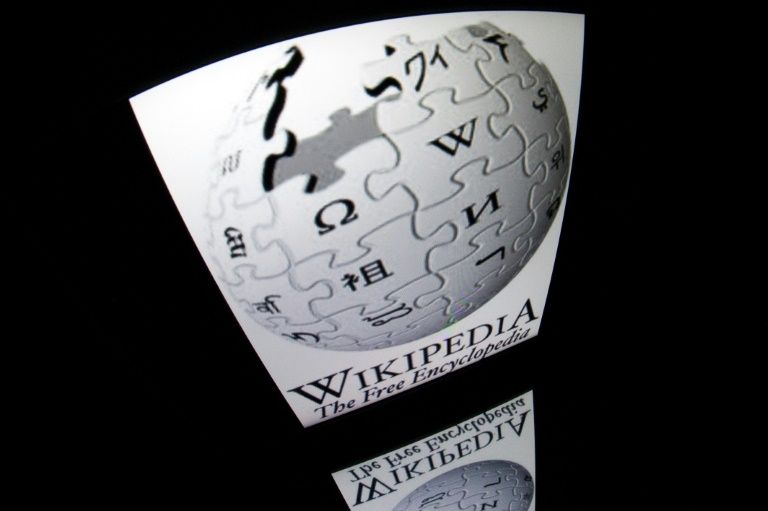Islamabad: Pakistan Prime Minister Shehbaz Sharif has ordered authorities to unblock Wikipedia “with immediate effect”, days after the country’s telecommunication watchdog banned the online encyclopedia for its failure to remove offensive and blasphemous content.
“The Prime Minister is pleased to direct that the website (Wikipedia) may be restored with immediate effect,” Pakistan’s Minister of Information and Broadcasting Marriyum Aurangzeb posted the Prime Minister’s order to her Twitter account Monday.
“The Prime Minister has also constituted a Cabinet Committee on matters related to Wikipedia and other online content,” she added.
Wikipedia is a free online encyclopedia, created and edited by volunteers around the world and hosted by the Wikimedia Foundation.
The Pakistan Telecommunication Authority said it blocked Wikipedia because a 48-hour deadline to remove the content was ignored, according to a spokesperson.
“Such things hurt the sentiments of Muslims,” said Malahat Obaid, the spokesperson of the regulator.
An opportunity for a hearing was also provided; however, the platform neither complied by removing the blasphemous content nor appeared before the authority, the spokesperson said.
Given the intentional failure on part of the platform to comply with the directions of PTA, the services of Wikipedia were degraded for 48 hours with the direction to block/remove the reported contents.
Last Friday, the Wikimedia Foundation said “it does not make decisions around what content is included on Wikipedia or how that content is maintained”.
It added that this is “by design to ensure that articles are the result of many people coming together to determine what information should be presented on the site, resulting in richer, more neutral articles”.
Critics have denounced the move, saying it was an affront to Pakistanis rights to access information.
Social media giants Facebook and YouTube have been blocked in the past over content deemed blasphemous.
In December 2020, the PTA issued notices to Wikipedia and Google Inc for “disseminating sacrilegious content”, while the country blocked YouTube from 2012 to 2016.
Pakistan also blocked the video-sharing app TikTok several times in recent years over its failure to stop posting “indecent” and “immoral” content.
Blasphemy is a sensitive issue in Muslim-majority Pakistan.
PTI
